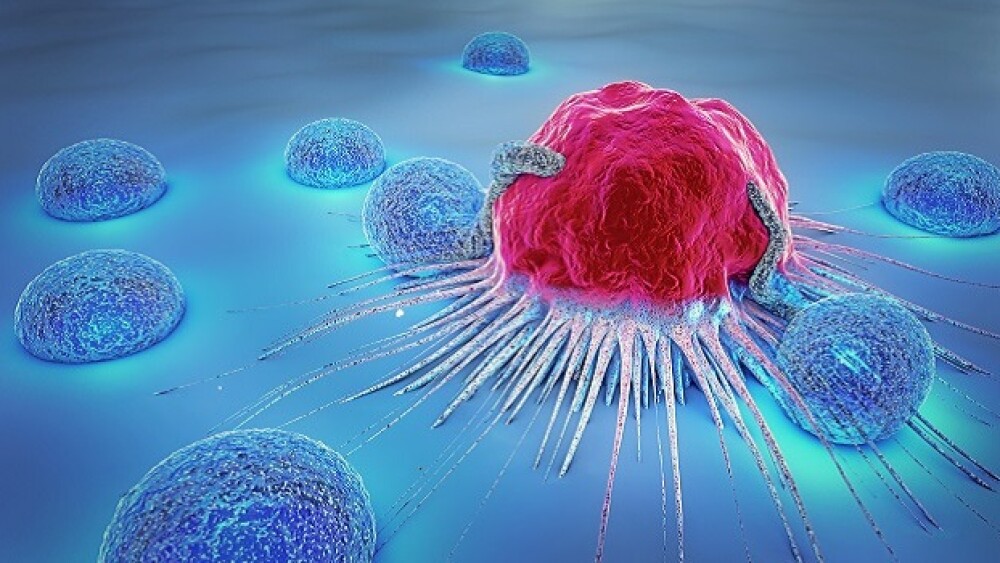Bexion Pharmaceuticals is not a household name as far as drugmakers go. But, this week the company and its investigational cancer treatment, BXQ-350, is receiving lots of mainstream media coverage as a potential game-changer.
Bexion Pharmaceuticals is not a household name as far as drugmakers go. But, this week the company and its investigational cancer treatment, BXQ-350, is receiving lots of mainstream media coverage as a potential game-changer.
BXQ-350 is a formulation of a synthetically produced, human lysosomal protein, Saposin C (sphingolipid activator protein, or SapC), and the phospholipid dioleoylphosphatidylserine (DOPS). It is being developed as a first-in-class treatment for solid tumors and gliomas.
In animal models, the effect of BXQ-350 has been significant. USA Today reported this week that the medication fused to the walls of cancer cells in mice and killed them – without harming healthy cells. As animal research continued on various cancer types, the results seemed to be the same – death for the cancer cells.
As development progressed on the drug, the newly-formed Bexion Pharmaceuticals began to receive financial support from a number of agencies, including the National Institutes of Health, and the National Cancer Institute. The drug was finally cleared for human testing and Bexion wasted little time.
Earlier this year at the American Society for Clinical Oncology, Kentucky-based Bexion unveiled preliminary data of a Phase Ia trial in a poster presentation that revealed some promising results. Of the 17 patients, nine with Glioblastoma Multiforme and eight with other solid tumors, the company saw a positive response in seven patients after 113 days. One patient with appendiceal carcinoma saw a partial response and six patients showed signs of disease stability. Of those six, one was a high-grade glioma patient who showed stable disease signs for greater than 19 months, according to company data.
The glioma patient is Bob Rulli, a retired airplane engine designer. He is the focus of the USA Today article that is blazing its way across social media platforms. Rulli has already lived with his glioblastoma multiforme for nearly five years. Average life expectancy is less than two years. Rulli has been on the Bexion treatment for 19 months. His cancer hasn’t been eliminated, but the tumor has proven to be stable during that time – meaning it’s not gotten worse. That wasn’t the really remarkable news though. In May Rulli underwent an MRI and the scan showed what appeared to be dead tumor cells. Bexion and other medical officials were quick to note that Rulli is something of an outlier when it comes to drug response, particularly with glioblastoma multiforme.
At ASCO, the company also shared additional good news about BXQ-350. Not only did those seven patients have positive responses to the drug, there were also no dose-limiting toxicities observed and no treatment-related serious adverse events. Bexion now has its eyes on further clinical testing. Ray Takigiku, Founder and chief executive officer of Bexion, said the company is enrolling patients with solid tumors and gliomas in Phase Ib testing and is eying a Phase II trial in adults. Bexion is also initiating efforts for a Phase I trial in pediatric patients, Takigiku said in a statement following ASCO.
To move forward though, the company will need to raise additional revenues. Bexion executives told USA Today that the company has about $40 million, but will need to raise significantly more to advance testing for BXQ-350.
Rulli has continued with his treatments and continues to defy the odds.





